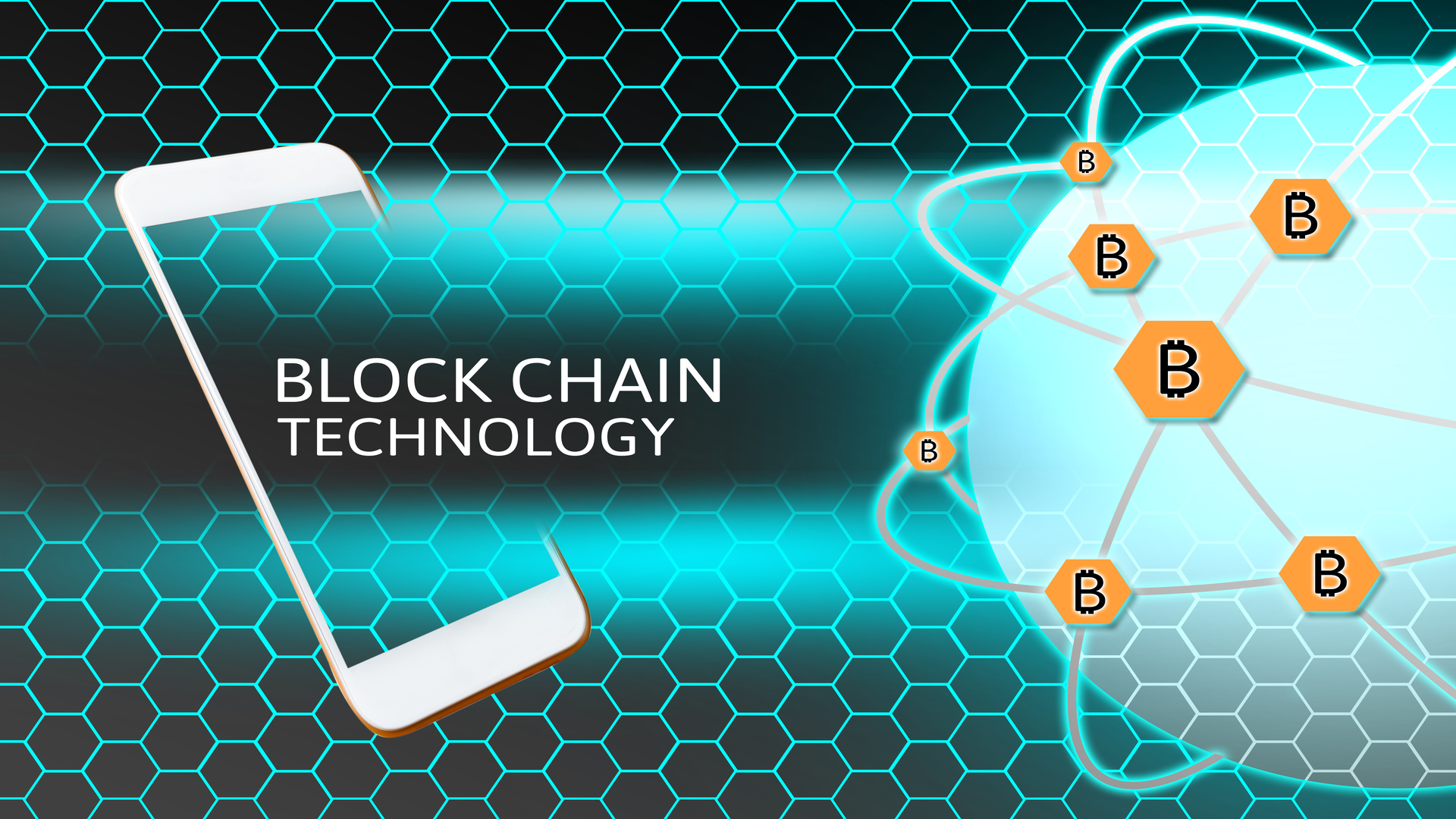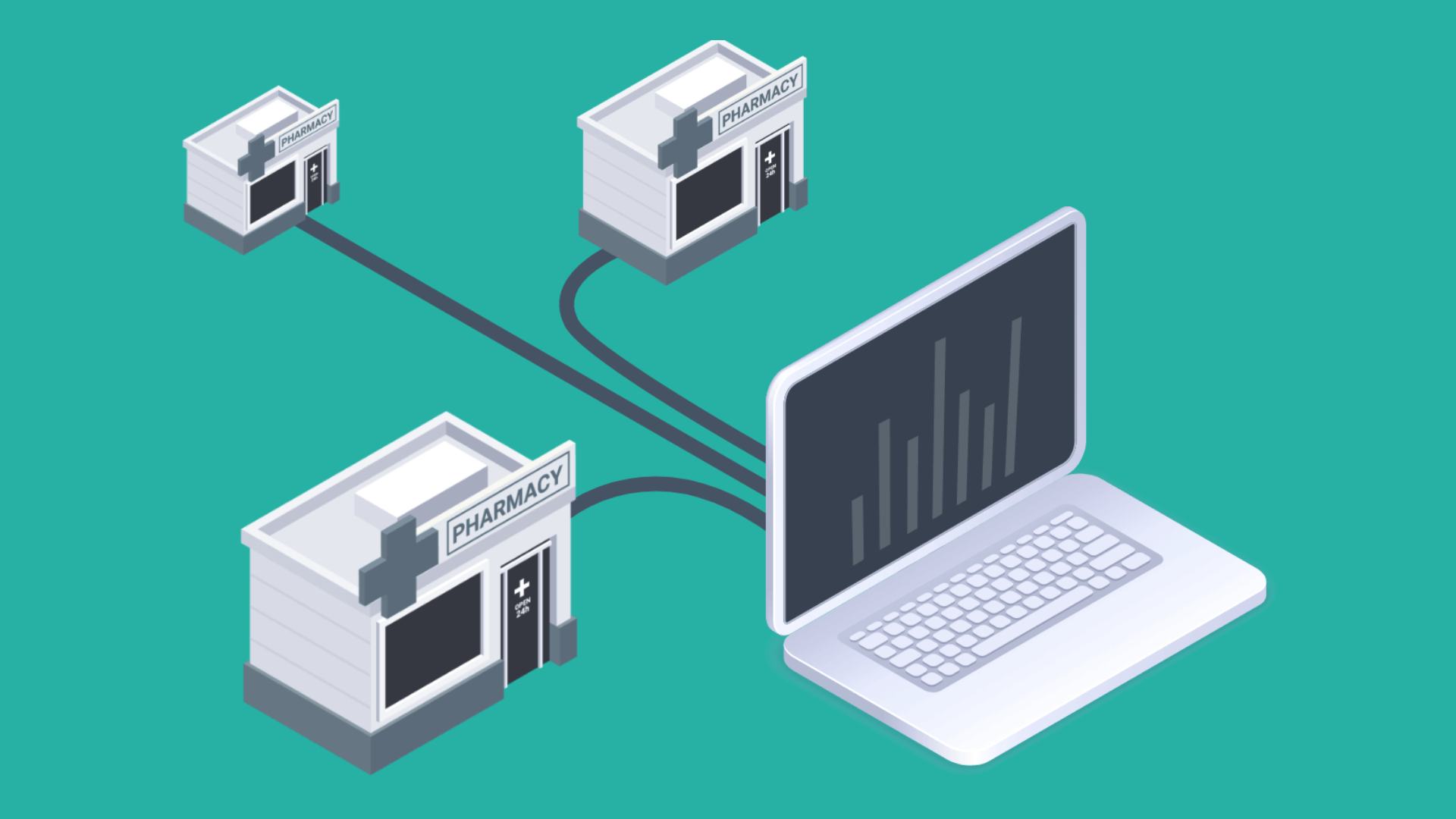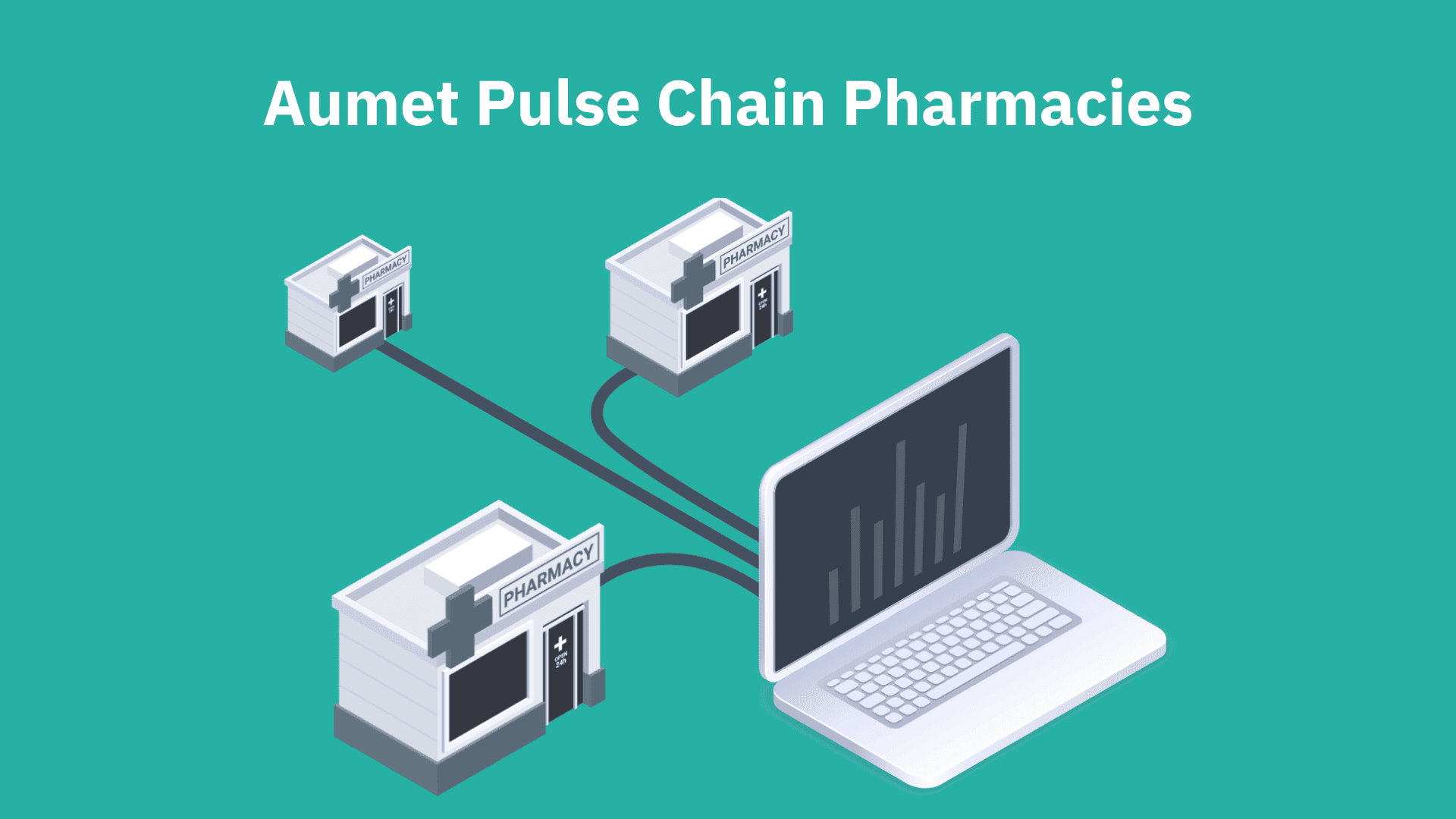Blockchain technology, initially created to support cryptocurrencies like Bitcoin, has rapidly emerged as a transformative tool across various sectors. In particular, the healthcare industry, where data security, transparency, and efficiency are essential, has embraced blockchain for its potential to solve long-standing issues. For example, it helps safeguard patient data, optimize supply chains, and enhance clinical trials. Consequently, it is fundamentally changing how healthcare systems operate.
What is Blockchain in Healthcare?
It is a digital ledger that records transactions across multiple computers. Therefore, its key characteristics—security, transparency, and immutability—make it especially beneficial in healthcare, where trust and data accuracy are critical.
Key Applications in Healthcare
- Electronic Health Records (EHRs): Blockchain facilitates secure sharing of patient data among healthcare providers, ensuring that all involved parties have access to accurate and up-to-date information.
- Drug Supply Chain Management: Blockchain tracks pharmaceuticals from production to delivery, thereby preventing counterfeit medications from entering the market.
- Clinical Trials: Blockchain enhances transparency and data integrity by securely storing research data and results, which in turn guarantees the credibility of clinical studies.
Benefits of Blockchain in Healthcare
1. Enhanced Data Security
Healthcare systems manage vast amounts of sensitive patient information, making them attractive targets for cyberattacks. As a result, blockchain’s encryption and decentralized structure significantly lower the risk of data breaches, ensuring the security of patient information.
2. Improved Interoperability
Data sharing between healthcare providers is often complicated by incompatible systems. However, blockchain enables standard and secure data sharing, ensuring consistent care for patients regardless of the provider.
3. Increased Transparency in the Drug Supply Chain
Counterfeit medications pose a major global issue, costing lives and billions of dollars each year. To address this, blockchain allows for real-time tracking of pharmaceuticals, ensuring their authenticity and reducing fraud in the supply chain.
4. Streamlined Clinical Trials
Clinical trials frequently suffer from issues like data manipulation and lack of transparency. With blockchain, researchers can guarantee data integrity, securely storing and verifying trial results. Consequently, these fosters trust in research outcomes and accelerates the approval process for new treatments.
Real-World Examples
The practical applications are already evident in several initiatives:
- MediLedger: A blockchain-based platform used by pharmaceutical companies to track and verify drug authenticity throughout the supply chain.
- Guardtime: A company that employs blockchain to secure over one million patient records in Europe.
- BurstIQ: Focuses on blockchain solutions to enable secure data sharing and personal healthcare insights.
Challenges of Implementing Blockchain in Healthcare
Despite its promise, its adoption of in healthcare faces several challenges. For instance, the high costs associated with implementation can be a significant barrier for many organizations.
- High Implementation Costs: Establishing blockchain systems requires substantial investments in technology and infrastructure.
- Regulatory Uncertainty: Moreover, the absence of clear regulations can impede adoption.
- Scalability Issues: Finally, as data volumes increase, ensuring systems can manage large-scale operations is crucial.
The Future of Blockchain in Healthcare
As blockchain technology evolves, future developments may include:
- Integration with artificial intelligence (AI) for advanced data analysis.
- Application in patient consent management, allowing patients to control access to their health data.
- Expansion into global health systems, ensuring secure and transparent data sharing across borders.
Conclusion
Blockchain technology is transcending its origins in the financial sector and making profound advances in healthcare, tackling critical challenges such as data security and transparency. While obstacles remain, the potential benefits significantly outweigh the challenges. Thus, it is poised to become a cornerstone of the future healthcare ecosystem.
Share your own article on Aumet Blog
To learn more about Aumet, contact us!










